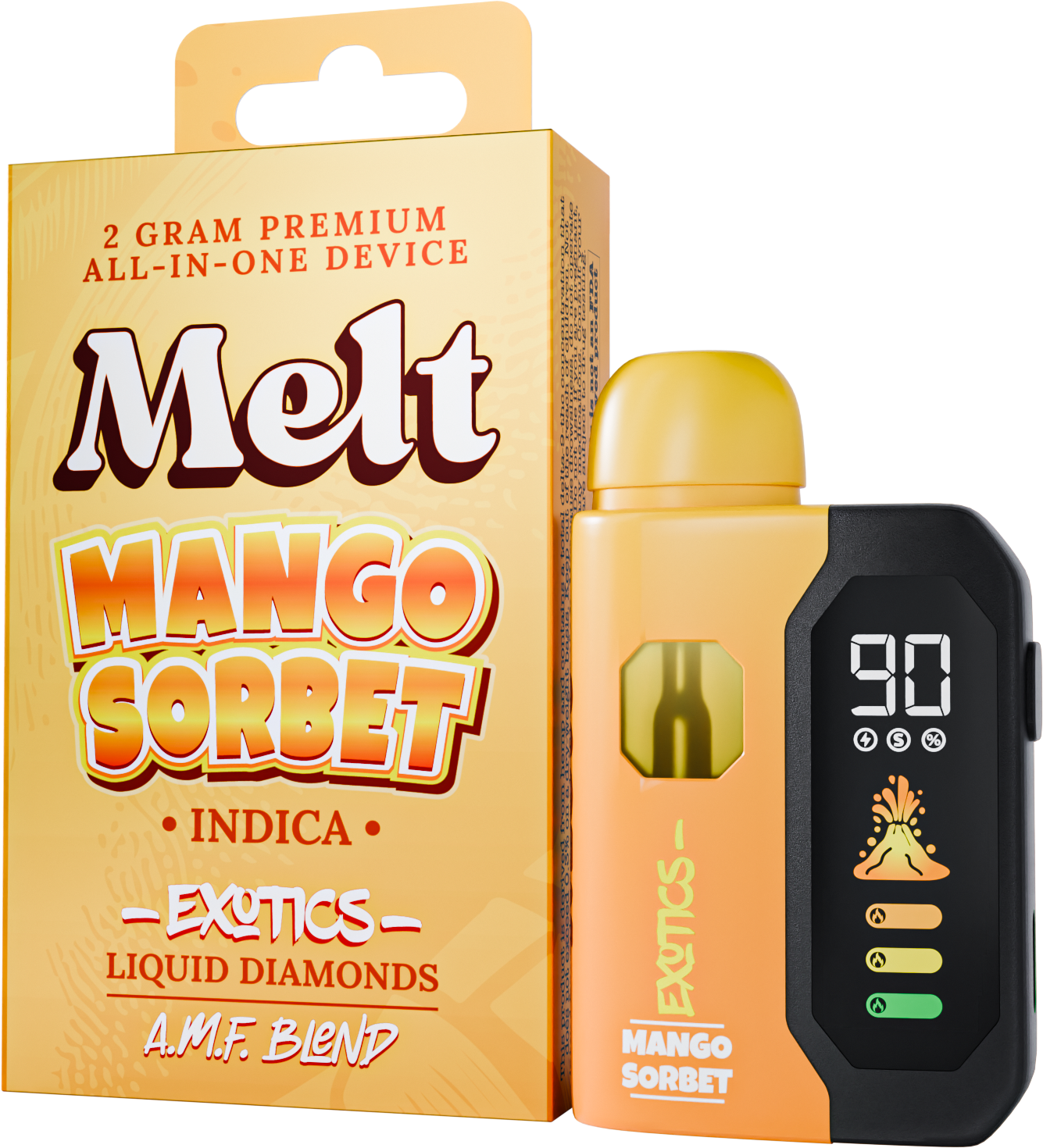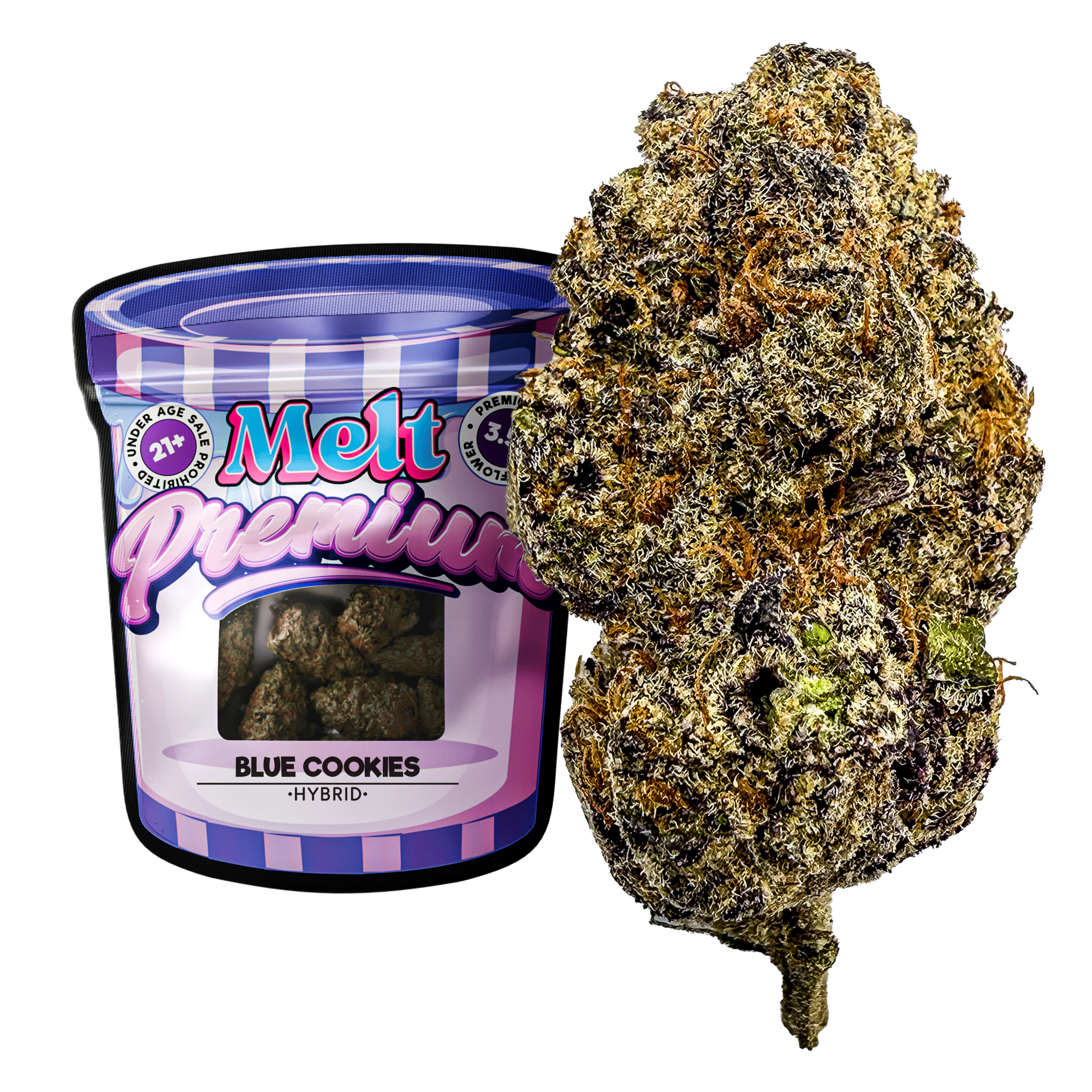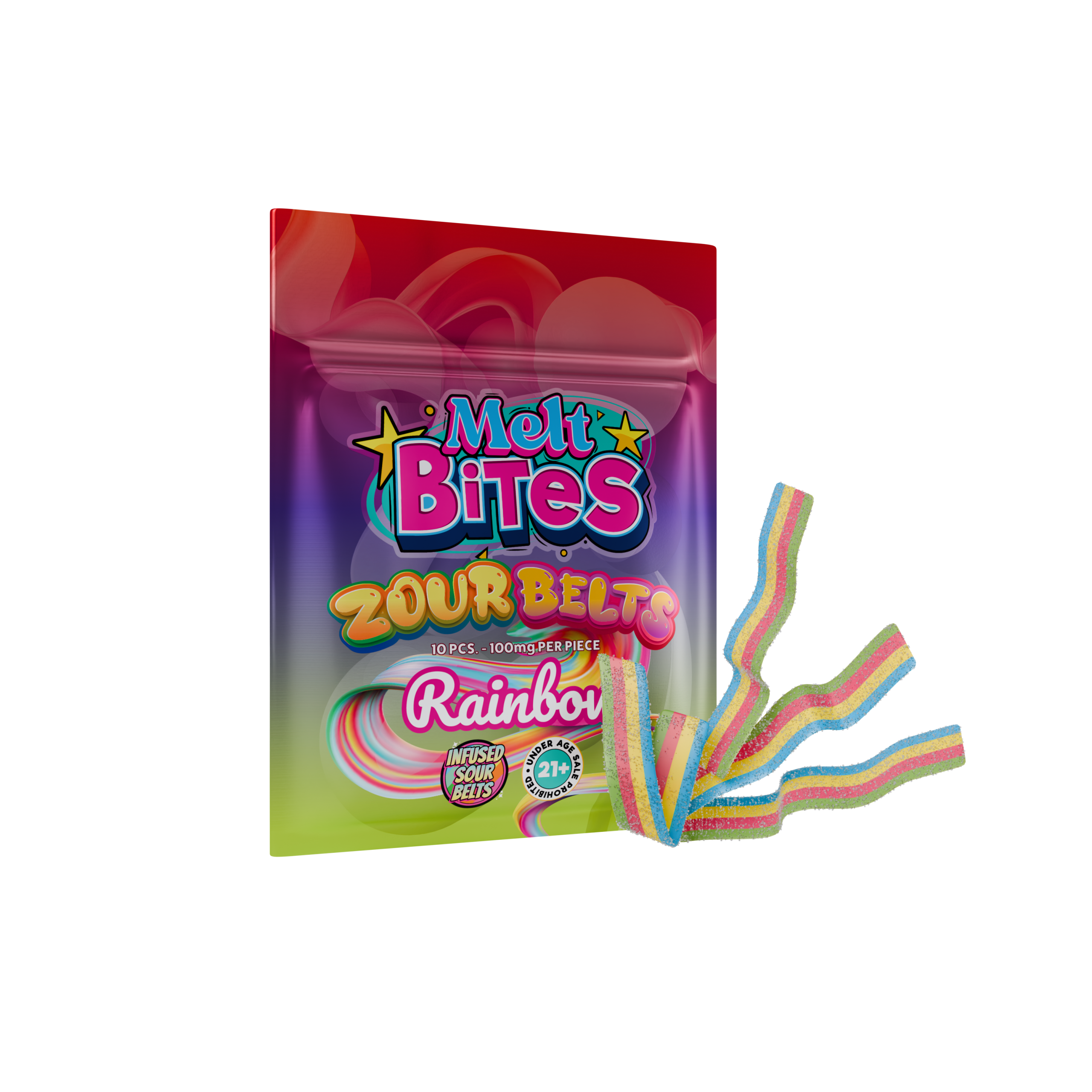THCA is a cannabinoid of Cannabis plants that is often surrounded by myths and misconceptions. Usually its effects and properties are misunderstood which is why in this article we have tried to debunk some of the common misconceptions and myths.
Myth 1: THCA Gets You High
It is commonly thought that THCA can cause high in the users just like its sister cannabinoid THC. However the truth is this compound is not intoxicating in its natural, unheated form. It remains like this unless it is subjected to heat which causes its decarboxylation that converts it into psychoactive THC. Therefore if you consume unheated Cannabis or it’s raw products it will only contain the cannabinoid that will not produce a high.
Myth 2: No Therapeutic Benefits
It is also believed that since THCA is derived from the intoxicating Cannabis plant it has no therapeutic effect and it can only cause intoxication. On the contrary, preliminary research suggests that it has some medical potential. Scientists have studied its anti-nausea, neuroprotective and anti-inflammatory properties. They have found that possessing such properties makes it useful to manage some medical conditions like pain, inflammation and neurodegenerative issues. Although more concrete research on the large scale is required to fully comprehend these properties of THCa, the handful of studies that are already conducted are promising.
Myth 3: THCA Is Illegal
Being the precursor acid to the intoxicating THC has earned THCA a reputation of being illegal everywhere. This is not true and the legality is different in different states. This varies depending on the regulations and laws of Cannabis in particular localities but there is a general consensus that it is legal as long as it is extracted from hemp plant which contains less than 0.3% THC. However, local laws can be different so it would be best to use THCA containing products or purchase them before thoroughly checking the laws of your state.
Myth 4: Only Found in Cannabis
It is very natural for people to think that the compounds of Cannabis plants are only found in Cannabis. However, it is not true. Although it is primarily produced in cannabis plants it has other sources of production as well. Researchers have found that cannabinoids similar to THCA can be found in other species of plants. However they are in very less quantities. For example compounds with structure and properties similar to it are known to be found in plant species of liverworts. This indicates that the cannabinoid is not exclusively produced by hemp or Cannabis.
Myth 5: No Bioavailability
Users believe that THCA is unable to be absorbed in the body. Again this is just a myth because it has significant bioavailability and it can be absorbed by the body but via a different pathway. THCA and other compounds of cannabis can be absorbed via vaping or smoking. During these processes the compounds retain their properties and show the effects efficiently.
However, for a person to be able to experience the effects of consuming it, they need to take a different path. It should be consumed orally in the form of raw juice or can be used topically in the form of salves and creams. Moreover, the ongoing research has found that inside the body THCA does not bind with the ECS receptors, instead it takes other pathways to interact with various receptors in the brain.
Conclusion
THCA is an acid with unique properties. However these properties have made it ambiguous, and many myths have been developed by people regarding its use and effects. In this article we have tried to debunk the sum of the most common myths surrounding THC. The purpose is to provide accurate information so that it can be used safely. If you are unsure about the facts, it would be best to consult experts and professionals in the Cannabis field to understand THCA properly.









